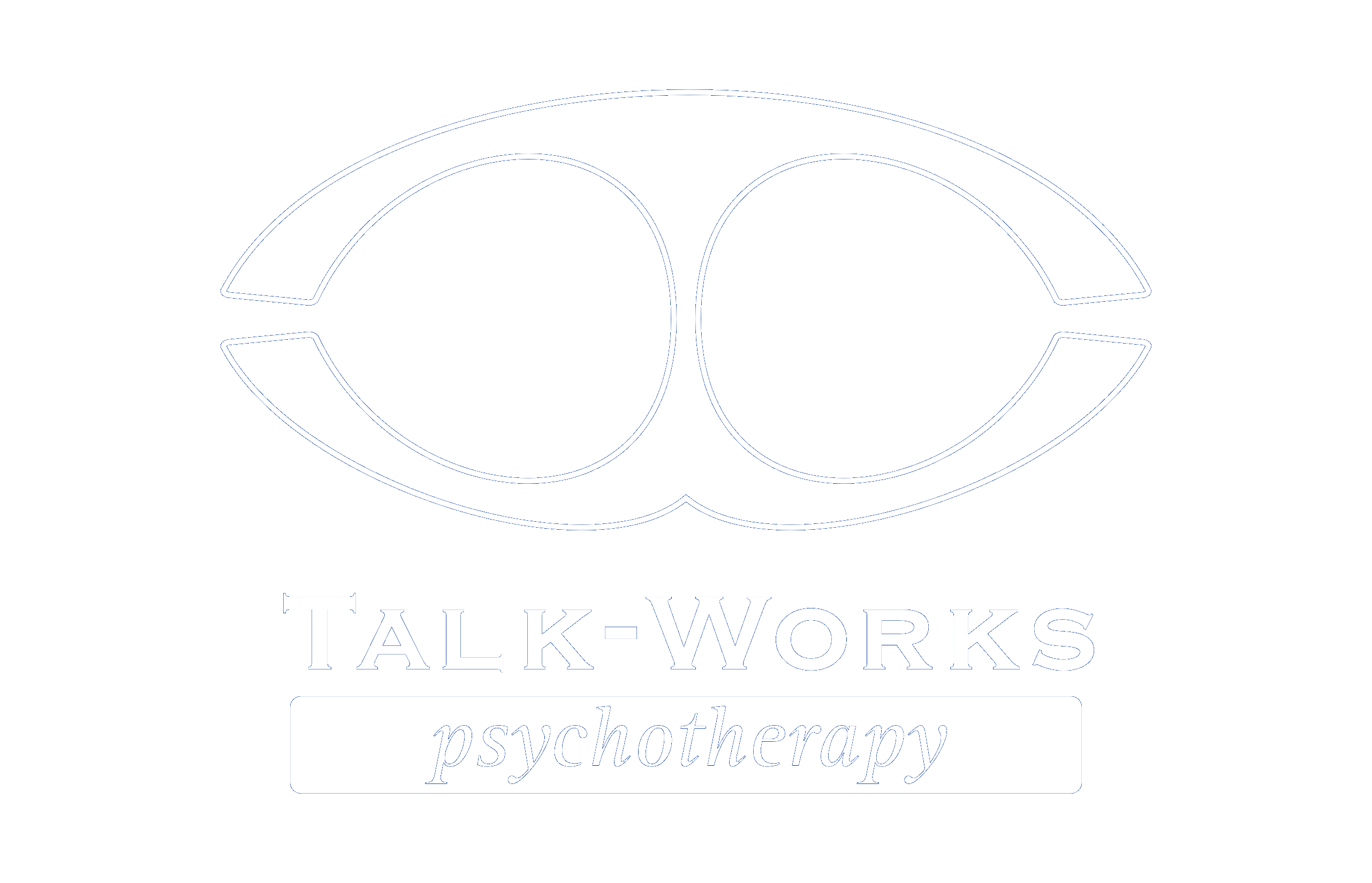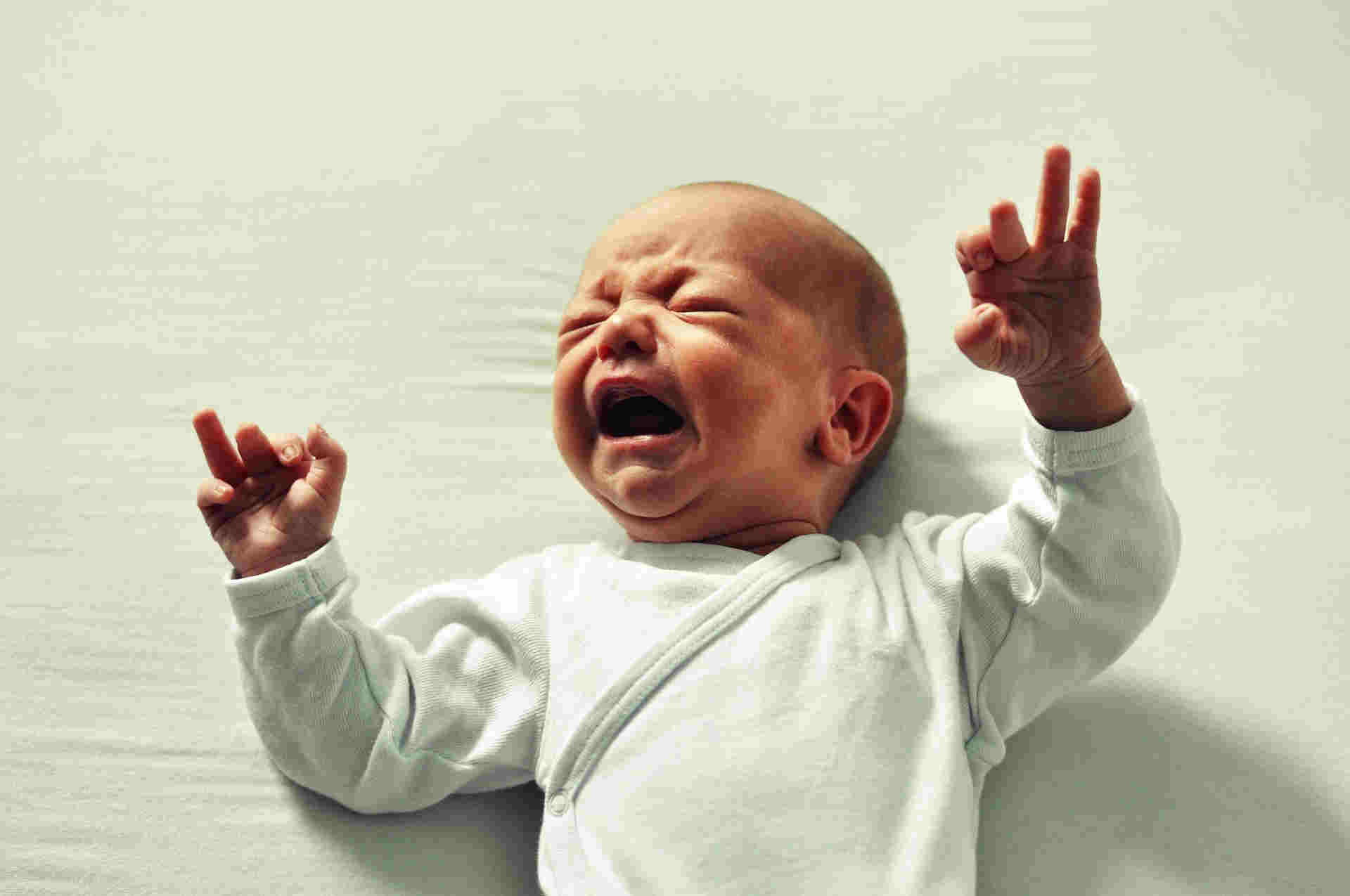Complex Trauma
Let’s recap our understanding of Trauma
We find the concept of Trauma fairly straightforward to understand.
It can be thought of as too much of something unwanted, breaking through our ability to self-protect. Likewise, we can readily accept that the consequences or scars of trauma are wounds that need to heal. Fortunately the human condition is imbued with a natural inclination to heal.
In psychotherapy there are various ways of catalysing the body’s inclination to heal the unwanted effects of trauma, from working to diminish the intensity of memories, rewire the habituated recall of unwanted memories and co-creating a safe enough space to process the emotions that may have been unsafe to process at the time of the trauma.
So what then, is Complex Trauma?
There is another type of trauma that is more elusive. This is the trauma of not receiving what we needed. I call this Complex Trauma, some call it neglect.
By its nature, it’s often difficult to know our complex trauma as there is rarely a context to help it into awareness. We can imagine realising that something bad happened that should not have happened, but how do we remember what didn’t happen?
Say for example a parent was rarely available at times that would have allowed us to interact. We can find ways to rationalise that experience. “Well, they had to work so hard to support the family, of course they would be tired and grumpy.” or “I would have liked more of their attention but my sibling was always ill, they had no choice.”
Particularly when we are children, we often believe “that’s just the way it is”, because we have no alternative frame of reference. It’s also in the nature of children to assume that it’s all because of them (or all their fault if you prefer). I heard a story about a breastfeeding mother who was concentrating on her phone rather than her baby son. She received bad news on the phone and the baby cried (probably wondering what he had done to upset her).
Later in life we are aware that something isn’t quite working in our lives but we have exhausted all the ways we know how to think about it. I once described it as like knowing that I was locked in a room and knowing that there was a key available, but also somehow knowing that the key was outside the room. As someone once said “It can be hard to think outside the box, when thinking is the box”.
How can we become aware of our complex trauma?
This requires us to become re-connected to our true or essential self, the unique aspect of us that some call the soul. Our true self knows our value and what we needed to support us on our journey to become ourselves. This part of us may have had to go into hiding, but it never leaves us.
How regrettable that one of the ways we survive these deficits is to become disconnected from our true selves, either by locking ourselves away in an over-protective shell, or by disconnecting from our intuition which can leave us feeling vulnerable and disorientated in so many of life’s interactions.
I believe that the implications of complex trauma are under-appreciated in our culture. Fortunately, contemporary psychotherapy approaches are rising to meet the challenge. In particular the Pesso Boyden System Psychomotor (PBSP) approach is effective at bringing our hidden memories of neglect into awareness and offering healing alternative memories that we call “antidotes”.
Want to find out more?
Spend some time watching this this amazing talk by Dr. Gabor Maté. I find him very eloquent and accessible on this subject, and this is just one of his many talks available on YouTube.


